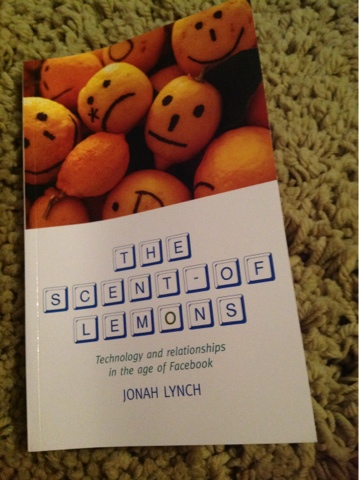How do you listen to God?
As I thought about the subject of listening to God I could not help but think about Adam and Eve.
Genesis 3:8-9 When the man and his wife heard the sound of the Lord God as he was walking in the garden in the cool of the day, and they hid from the Lord God among the trees of the garden. But the Lord God called to the man, “Where are you?”
Adam and Eve did not seem to have a problem in listening to God in the Garden of Eden. They heard him walking in the garden. I wonder if he was singing a tune or whether he was just rustling some leaves as he walked? They hid from him because they were naked and yet God knew that they were there. There is no hiding from God and there is no hiding our sins (the things we do wrong) from him. He already knows what they are. People say they cannot hear God but I wonder if they are blocking him out or perhaps, like Adam and Eve, trying to hid from him? Perhaps we have just forgotten how to listen to him? Or are too noisy or to busy rushing around to stop and listen to the sound of God?
For me God is in the incidentals of life and in the things we so often can miss. He speaks to us through the majesty of creation, through the cry of a baby, and in the vastness of the ocean. He speaks to us in the quietness and stillness of the morning. He speaks to us in the crash of thunder and the roar of a waterfall. He speaks to us through our friends who encourage us and offer a helping hand (Prov 11:14, Mat 18:16). He speaks to us through the preacher on a Sunday morning. Through scripture (2 Tim 3:16-17), and through the pounding of our heart beat as the Holy Spirit prompts us (Heb 8:10-11). He speaks to us through the still small voice, as well as through prophecy, dreams, and visions (Act 2:17-18). God talks to us in so many ways and yet we fail to hear.
What has he been trying to tell you today? Take a moment to sit quietly and listen. Do you hear him?
Isaiah 30:21 Whether you turn to the right or to the left, your ears will hear a voice behind you, saying, “This is the way; walk in it.”


